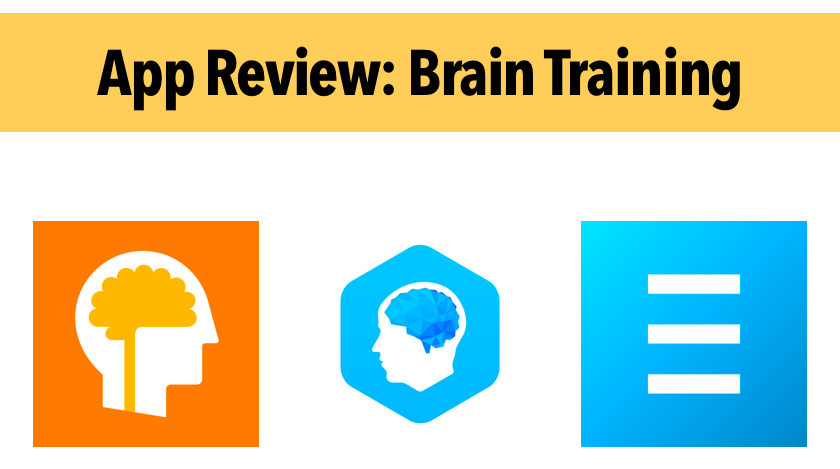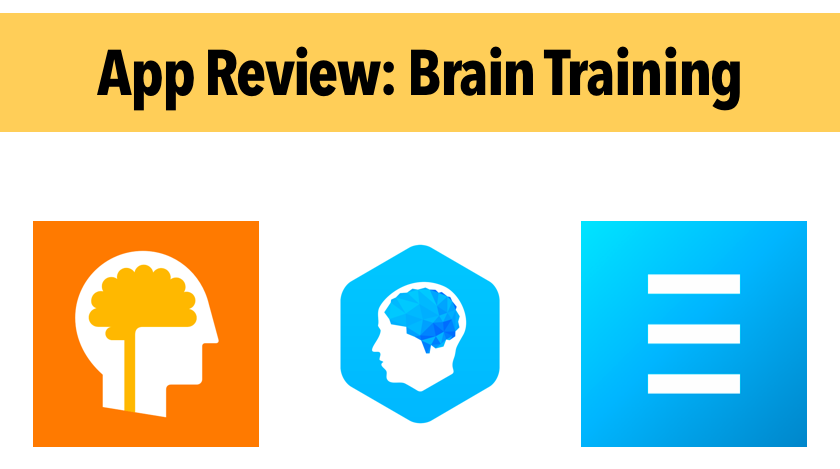The future of brain training apps
While we do see improvements on the games people trained on, the benefits don’t extend outside the context of the games.

This week, I’m looking into the world of brain-training with apps like Lumosity, Elevate, and Peak. All of these services make claims about increasing your mental fitness and slowing cognitive decline. The idea is simple — create simple games that train cognitive tasks and track people’s progress over time.

While we do see improvements on the games people trained on, the benefits don’t extend outside the context of the games. Unless you just want to get better at the games themselves, you’re not getting the advertised cognitive benefits.
In 2014, a group of scientists released a statement that there isn’t enough scientific evidence to suggest that brain games improves cognitive abilities or slows decline.
“The promise of a magic bullet detracts from the best evidence to date [...] cognitive health in old age reflects the long-term effects of healthy, engaged lifestyles.”
Now that we’ve established that they don’t work as advertised, I do think there is potential for a mental fitness industry in the future. Let’s explore a few possibilities:
Benchmarking your cognitive capacity
While it’s true that the benefits don’t generalize outside of the games, we can still use this to our advantage. If we’re trying a new diet, exercise routine, or sleeping more — it might be useful to track how much it’s improving your mental abilities. By playing the games before and after the health change, we can quantify the improvement!
On the flip side, if you’re finding yourself trending towards a less healthy lifestyle, seeing the negative effects on your cognitive capabilities might be a game-changer.
It’s easy to imagine this integrating with health wearables and adding a cognitive dimension to the metrics tracked.
Real-time biofeedback
A month ago, I wrote an article that argued our capacity to sustain attention is something we can train, like a mental muscle.
The problem with the status quo is that progress is subjective and hard to measure. But what if you could monitor your focus levels on a moment-by-moment basis?
Recent advances in brain-computer interfaces (BCIs) have made this a real possibility. Having a real-time measure of the cognitive ability you’re training might be pivotal in making brain training games truly effective.
Even if “training” isn’t an effective model, BCIs will help people learn more about their patterns of focus and potentially find new strategies to manage distractions.
If you’re curious, the article imagines a futuristic BCI-enabled VR game for focus:
Friday Brainstorm Newsletter
For more, join 300+ curious people subscribed to the Friday Brainstorm newsletter. It’s one email a month with the most interesting ideas I've found related to science and health.